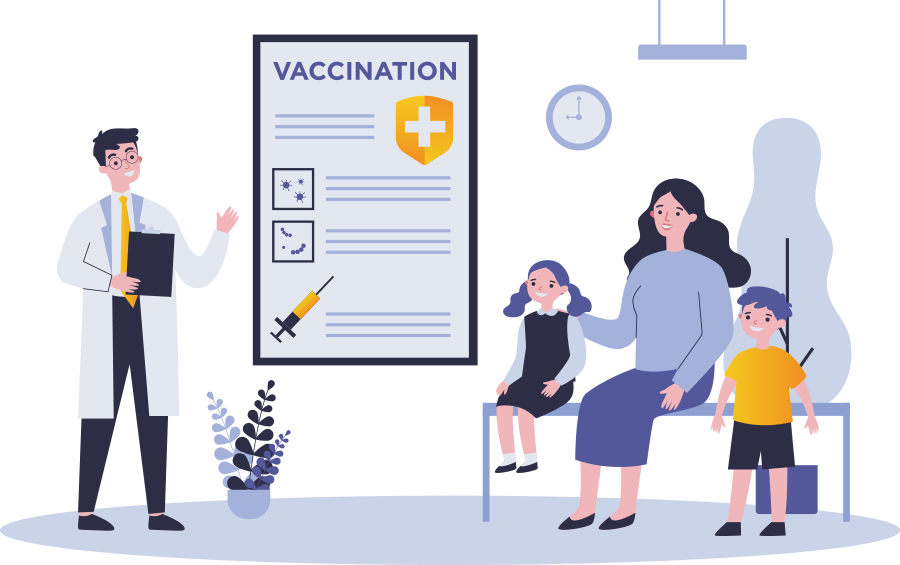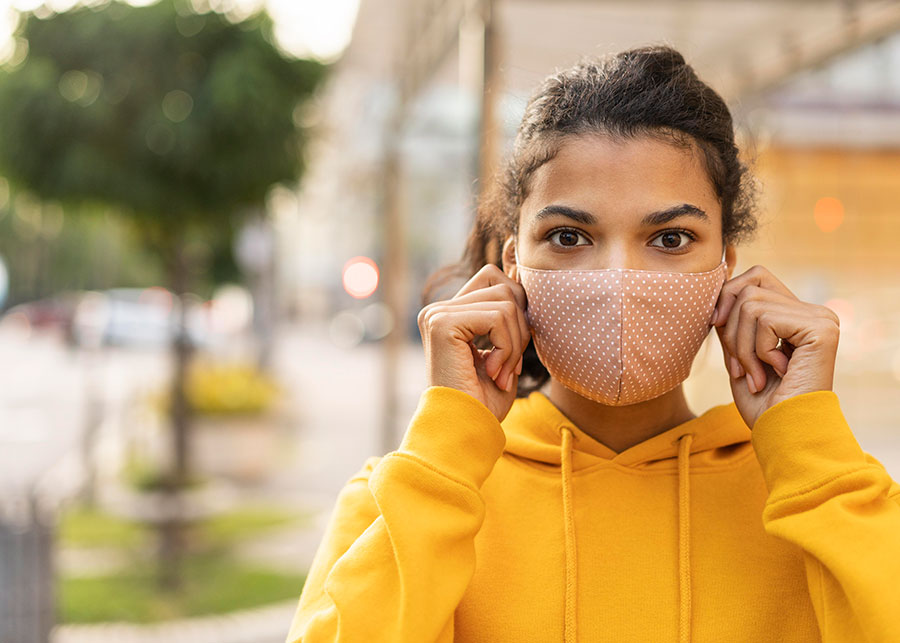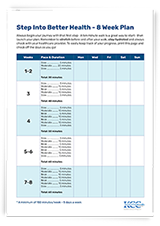KCC Programs
Today is a Great Day to Start.
It starts with standing up and taking that short walk! That’s right; a short 10-minute walk is a great way to break out of the winter doldrums, the COVID confinement, sedentary habits, and the jumpstart to an 8-week moderate but healthy walking plan. Aim to walk at least five days a week. Start out warming up with a five-minute, slower-paced walk. Slow your pace to cool down during the last five minutes of your walk. Check with your healthcare provider before beginning any new recreation if you have been sedentary, have serious health issues, or are over 40 years old.
Physical activity is an essential tool that individuals can use to improve their overall health. It provides many health benefits, such as reducing feelings of anxiety and depression, improving sleep and quality of life, lowering the risk of developing type 2 diabetes, heart disease, and reducing the risk of developing many types of cancer.

COVID-19 Updates
The Possibility of COVID-19 After Vaccination: Breakthrough Infections
Updates from the CDC: To maximize protection from the Delta variant and prevent possibly spreading it to others, wear a mask indoors in public if you are in an area of substantial or high transmission.
What You Need to Do to Get Your Vaccine
https://portal.ct.gov/Vaccine-Portal
COVID-19 Hotline
Call the 2-1-1 Connecticut Hotline. Out of state? Use the toll-free number: 1-800-203-1234. Both lines are available 24-hours a day, 7 days a week.
Chronic Illness Prevention
If you have Asthma/ COPD, Diabetes, Heart Disease,or Obesity, please take extra care.
Adults of any age with certain underlying medical conditions are at increased risk for severe illness from SARS CoV-2, the virus that causes COVID-19. Severe illness from COVID-19 is defined as hospitalization, admission to the ICU, intubation or mechanical ventilation, or death.
***The following is not a complete list of “at increased risk” conditions, for a complete list go to CDC.gov:
- Asthma (moderate-to-severe)
- COPD (chronic obstructive pulmonary disease)
- Heart conditions, such as heart failure, coronary artery disease, or cardiomyopathies
- Cerebrovascular disease (affects blood vessels and blood supply to the brain)
- Hypertension or high blood pressure
- Obesity (body mass index [BMI] of 30 kg/m2 or higher but < 40 kg/m2)
- Overweight (BMI > 25 kg/m2, but < 30 kg/m2)
- Pulmonary fibrosis (having damaged or scarred lung tissues)
- Severe Obesity (BMI ≥ 40 kg/m2)
- Type 1 diabetes mellitus
- Type 2 diabetes mellitus
We are focusing on Asthma/ COPD, Diabetes, Heart Disease, Obesity.
Taking all precautions of social distancing, hygiene, mask wearing, and managing lifestyle behaviors that manage these conditions will ensure you are helping to minimize the risk of severe COVID illness.
Source: https://www.cdc.gov/coronavirus/2019-ncov/need-extra-precautions/people-with-medical-conditions.html




